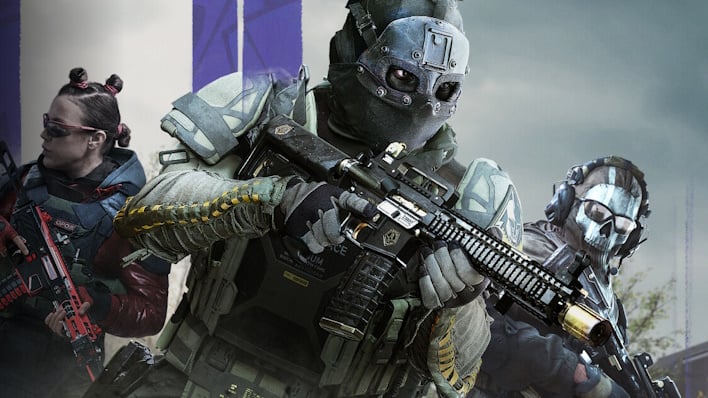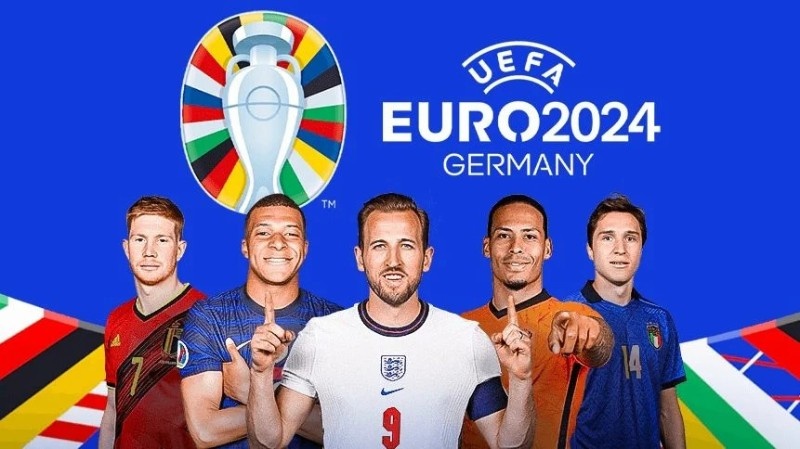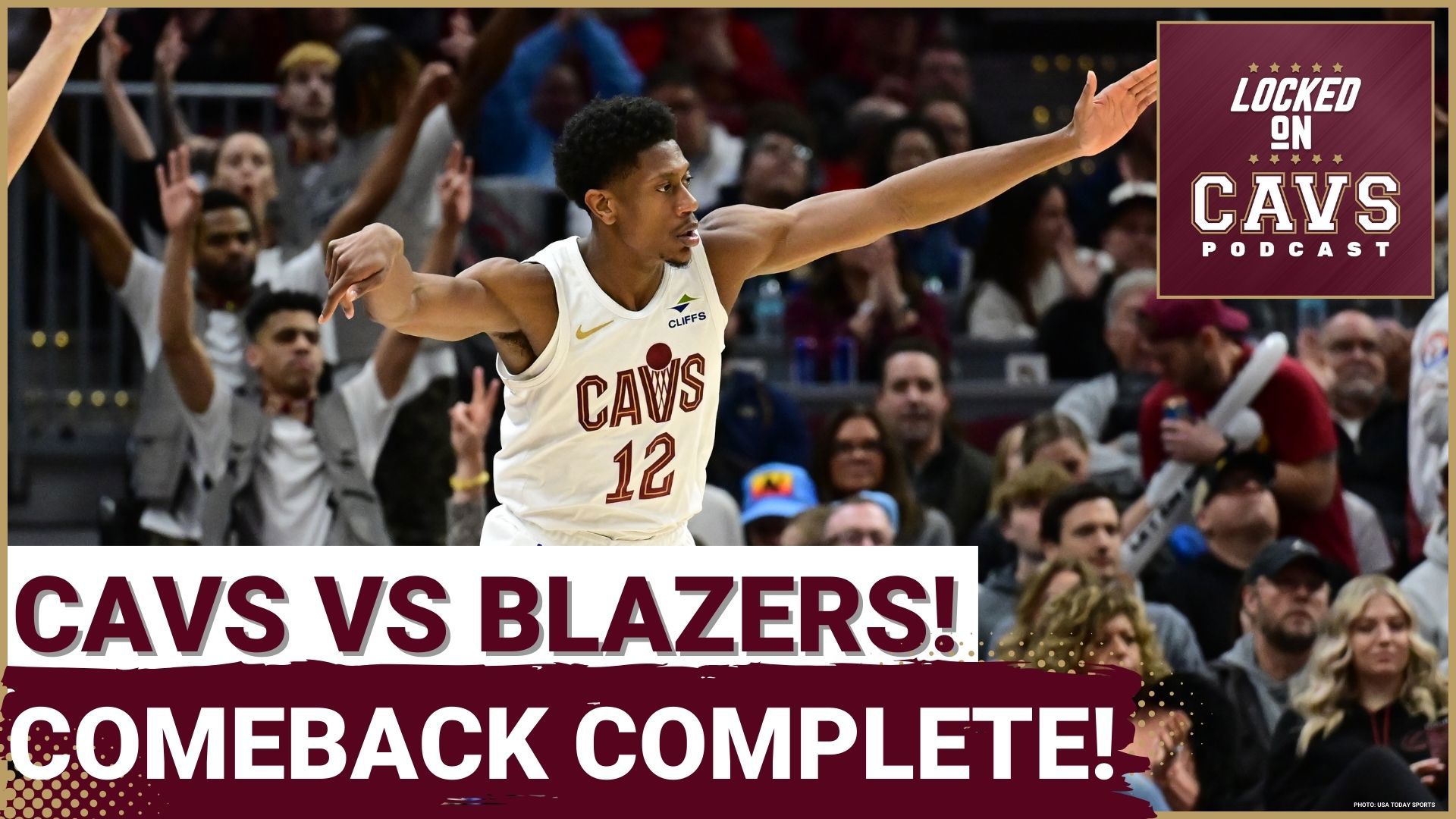FTC To Appeal Activision Blizzard Acquisition

Table of Contents
The FTC's Arguments Against the Activision Blizzard Acquisition
The FTC's primary concern centers around antitrust issues and the potential for reduced competition within the gaming market. Their arguments hinge on several key points:
-
Antitrust Concerns and Market Dominance: The FTC argues that the acquisition would grant Microsoft undue market dominance, particularly within the rapidly growing cloud gaming sector. This dominance, they claim, could stifle innovation and harm consumers.
-
Call of Duty and Stifling Competition: A major point of contention is the immensely popular Call of Duty franchise. The FTC fears that Microsoft could leverage its ownership to create exclusive content or make the game unavailable on competing platforms, thereby harming competitors like Sony's PlayStation.
-
Competitive Harm and Consumer Choice: The FTC contends the merger will limit consumer choice and innovation. By controlling major titles and platforms, Microsoft could potentially dictate prices, limit features, and reduce the overall quality of gaming experiences for consumers.
-
Microsoft's Past Behavior: The FTC's arguments also refer to past instances of alleged anti-competitive behavior by Microsoft, using these as supporting evidence for their claims of potential future harm. This includes arguments about past exclusivity deals and practices deemed anti-competitive by various regulatory bodies in the past. Specific examples from the FTC’s official statements and court filings are crucial to understanding the nuances of their arguments. The FTC’s concerns extend to the potential for Microsoft to leverage its ownership of Activision Blizzard’s IPs to create exclusive deals, limiting the availability of games on rival platforms.
The Judge's Ruling and the FTC's Appeal
A federal judge initially ruled in favor of Microsoft's acquisition, dismissing the FTC's lawsuit. The judge's decision emphasized a lack of sufficient evidence to prove that the merger would substantially lessen competition. However, the FTC is appealing this decision, citing several legal grounds for their challenge.
-
Legal Grounds for the Appeal: The FTC's appeal focuses on the judge’s interpretation of the evidence, claiming that the judge misinterpreted or overlooked evidence presented by the FTC that showed a substantial likelihood of lessening competition.
-
Appeal Process and Timeline: The appeal process involves multiple stages, including briefing, oral arguments, and a final ruling from the appellate court. This process can take several months or even years to complete, creating considerable uncertainty for the involved parties.
-
Likelihood of Success: Predicting the outcome of the appeal is challenging. Legal experts are divided, with some believing the FTC has a strong case based on the potential for Microsoft to leverage its power in the market. Others argue that the FTC may struggle to overcome the judge’s initial ruling.
-
Impact of Delays: The lengthy appeal process may create further delays in the completion of the acquisition, potentially impacting both Microsoft's business strategy and the overall development of the gaming industry. The uncertainty surrounding the deal is creating waves of speculation among investors and analysts alike.
Implications for the Gaming Industry and Gamers
The FTC's appeal and the potential outcome of the Activision Blizzard acquisition have significant implications for both the gaming industry and gamers.
-
Impact on Game Prices: One concern is the potential for increased game prices if Microsoft gains significant market dominance. With reduced competition, the incentive to keep prices competitive might lessen.
-
Effects on Subscription Services: The acquisition could significantly impact subscription services like Xbox Game Pass, potentially making it more attractive or, conversely, giving Microsoft undue influence over the market for subscription-based gaming models.
-
Console Competition: The outcome will influence the competition between major gaming consoles – Xbox, PlayStation, and Nintendo. A Microsoft acquisition could shift the competitive balance considerably.
-
Game Availability and Accessibility: There are concerns about the potential for Microsoft to make certain Activision Blizzard titles exclusive to its platform or make them less accessible to gamers on other platforms.
The Future of Cloud Gaming and the Activision Blizzard Deal
The FTC's concerns are deeply intertwined with the future of cloud gaming. The acquisition would give Microsoft a substantial advantage in this rapidly growing market, potentially squeezing out smaller competitors.
-
Cloud Gaming Market Share: The outcome of the appeal will directly affect Microsoft's share of the cloud gaming market, potentially creating a scenario of near-monopoly control.
-
Future Development of Cloud Gaming: The appeal could shape the regulatory landscape around mergers and acquisitions in the tech industry, impacting the future direction and growth of the cloud gaming sector.
-
Broader Implications: The case sets a precedent that will impact other potential acquisitions in the gaming and technology sectors, creating uncertainty for companies considering similar mergers and acquisitions. The long-term implications for the evolution of gaming technology remain unclear at this stage, with several possibilities under the current circumstances. Data and statistics on the current cloud gaming market's growth further illuminate the complexities involved in the FTC's arguments.
Conclusion
The FTC's appeal of the Activision Blizzard acquisition represents a crucial juncture for the gaming industry. The FTC's arguments focus on potential anti-competitive practices and the impact on consumer choice. The judge’s initial ruling, and the FTC’s subsequent appeal, highlight the ongoing complexities of regulating mergers and acquisitions in the rapidly evolving digital marketplace. The outcome will significantly influence game prices, subscription services, console competition, and the future of cloud gaming. Stay informed about the ongoing legal battle and its implications by following further updates and analysis on this crucial case. Continue to monitor the FTC and Activision Blizzard updates to understand the ultimate effects of this significant antitrust case and its impact on the future of the FTC's involvement in gaming acquisitions.

Featured Posts
-
 Thaco Cup 2025 Cap Nhat Lich Thi Dau Vong Chung Ket Chi Tiet
Apr 30, 2025
Thaco Cup 2025 Cap Nhat Lich Thi Dau Vong Chung Ket Chi Tiet
Apr 30, 2025 -
 Poteplenie V Chelyabinske Posledstviya Dlya Gornolyzhnykh Kompleksov
Apr 30, 2025
Poteplenie V Chelyabinske Posledstviya Dlya Gornolyzhnykh Kompleksov
Apr 30, 2025 -
 Cavaliers Defeat Blazers In Overtime Hunter Leads With 32 Points
Apr 30, 2025
Cavaliers Defeat Blazers In Overtime Hunter Leads With 32 Points
Apr 30, 2025 -
 Tayna Razdelnogo Sideniya Trampa I Zelenskogo Raskryta
Apr 30, 2025
Tayna Razdelnogo Sideniya Trampa I Zelenskogo Raskryta
Apr 30, 2025 -
 Bet Mgm Bonus Code Rotobg 150 150 Nba Playoffs Bonus Warriors Vs Rockets
Apr 30, 2025
Bet Mgm Bonus Code Rotobg 150 150 Nba Playoffs Bonus Warriors Vs Rockets
Apr 30, 2025
